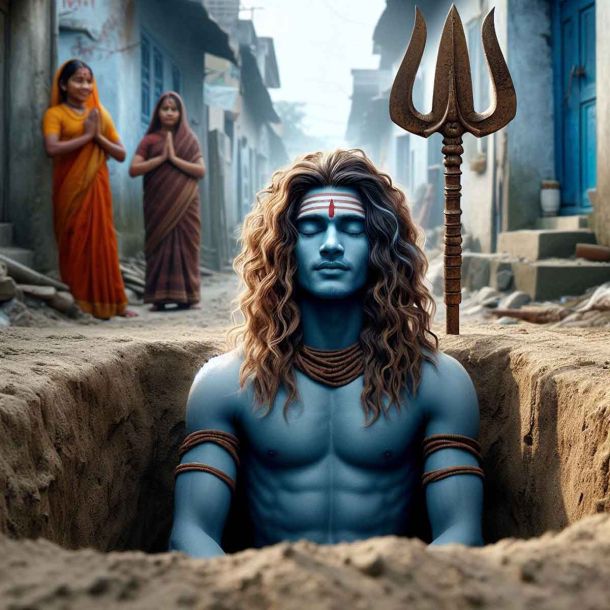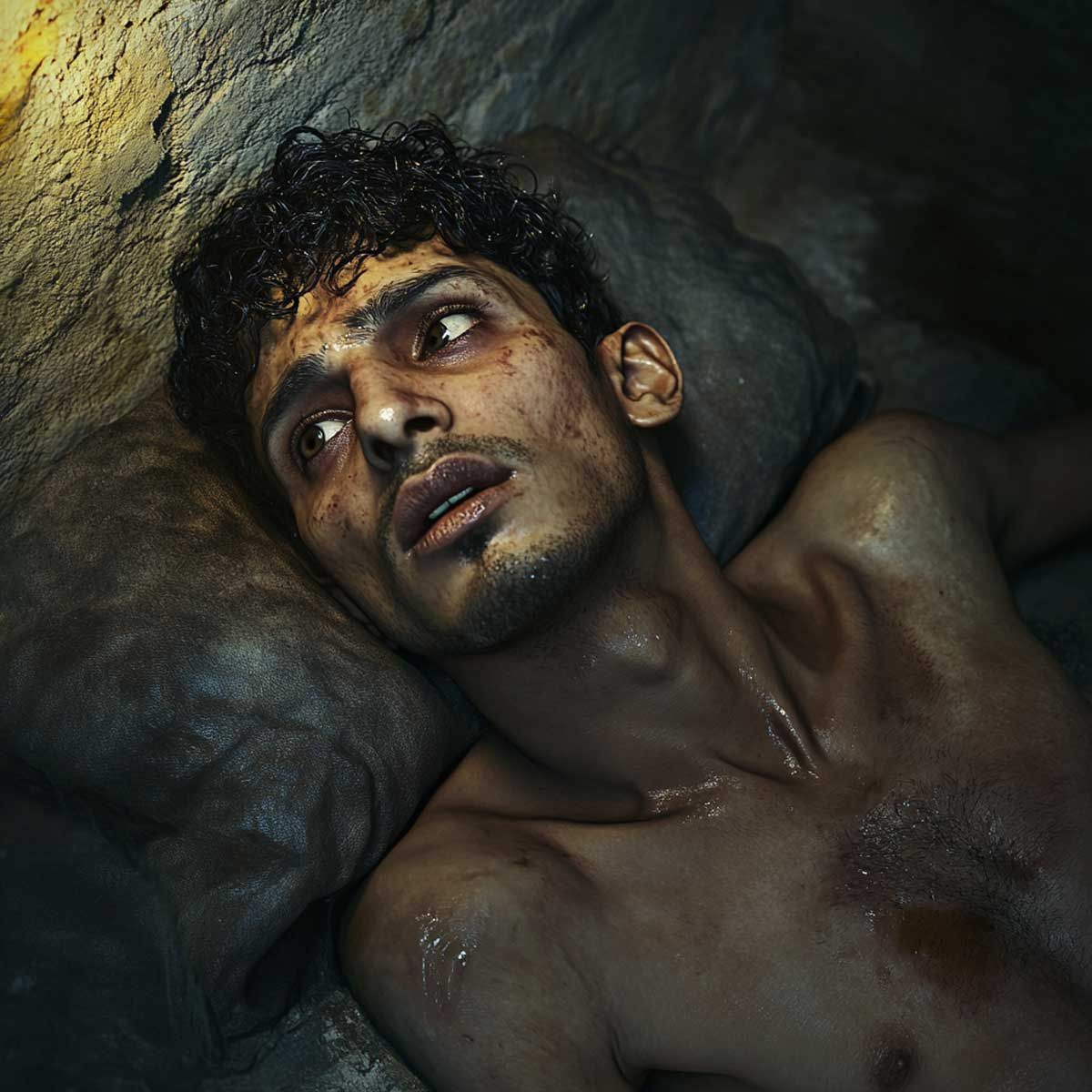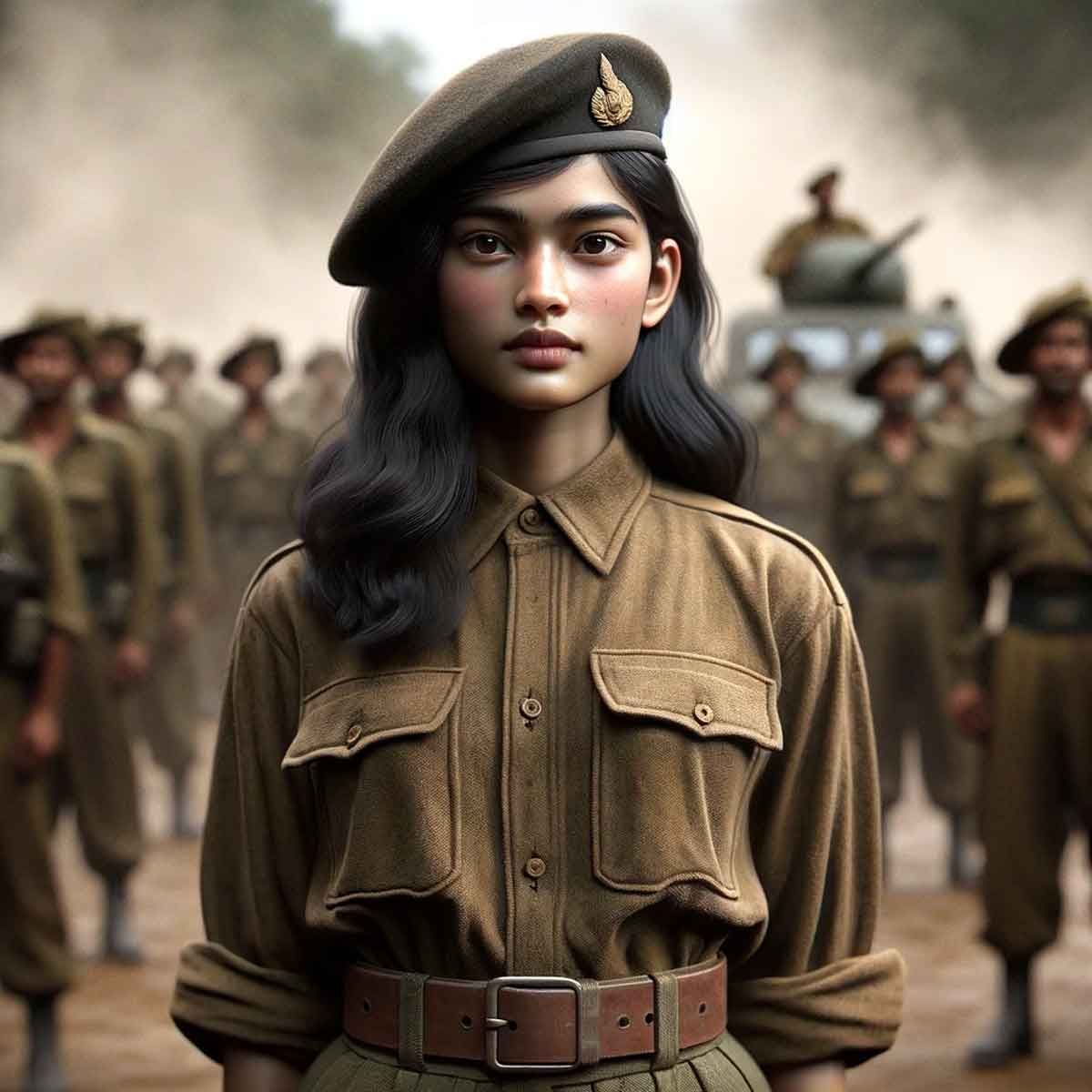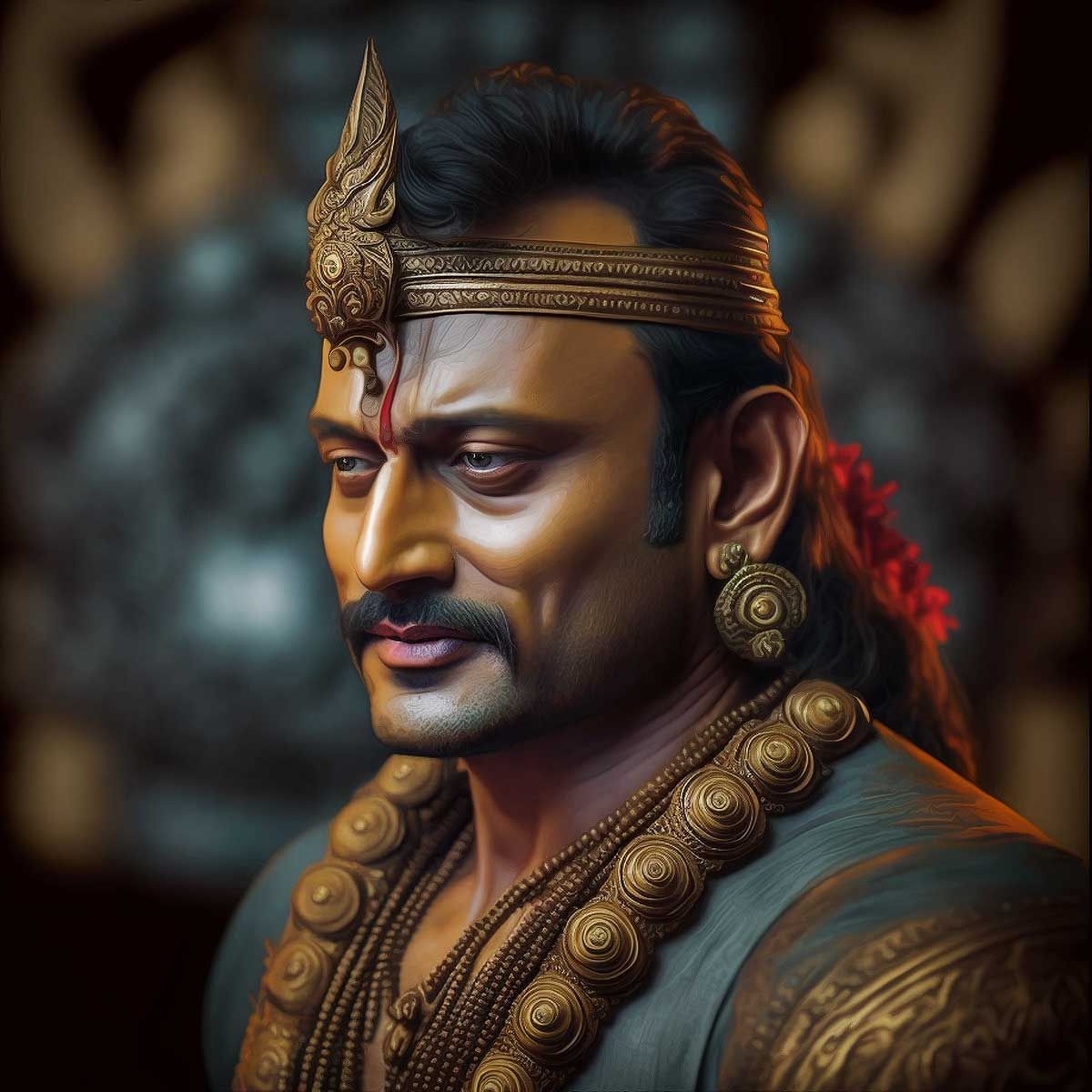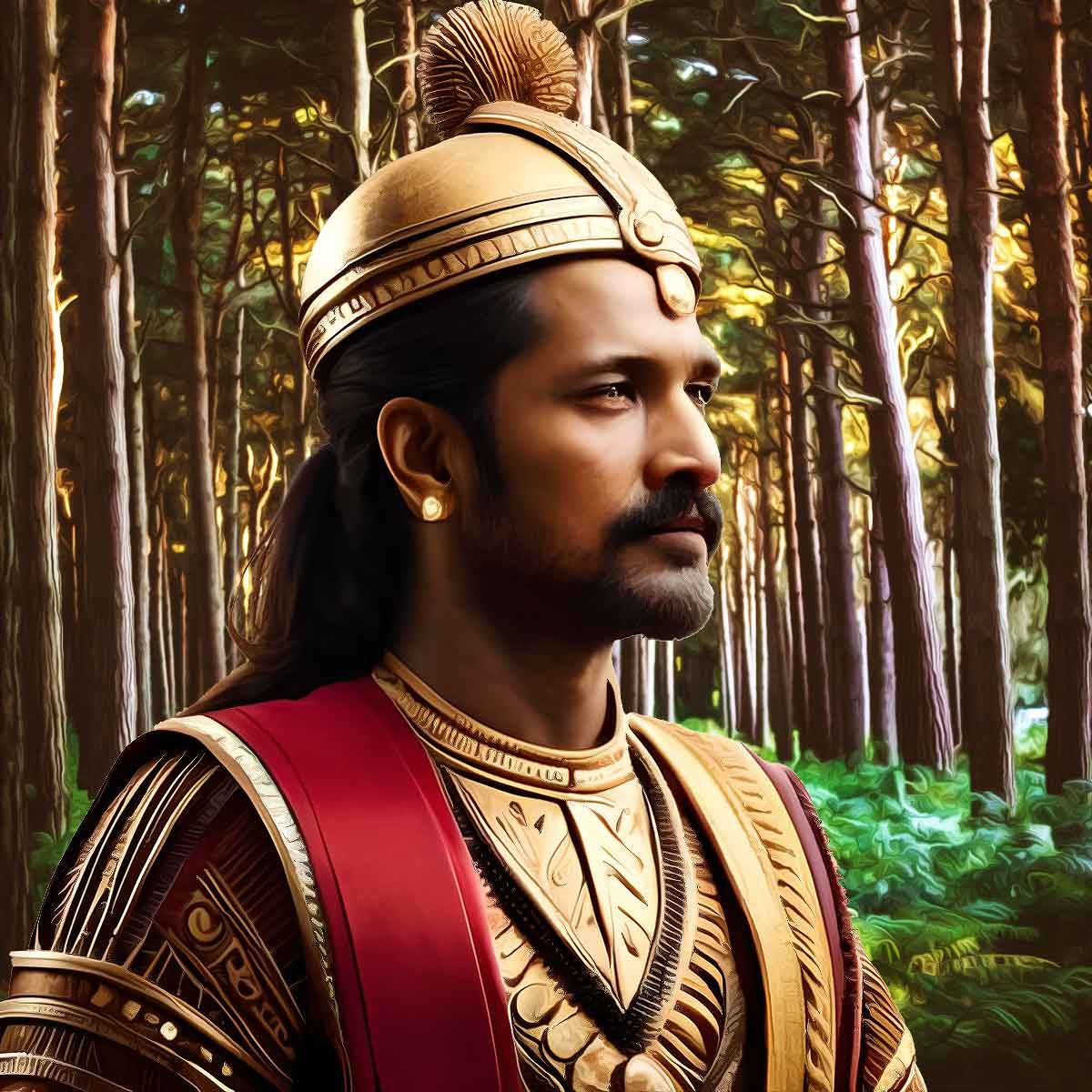More Coverage
Twitter Coverage
Join Satyaagrah Social Media
The Untold Story of the Brave Maratha Warrior Queen Ahilyabai Holkar!
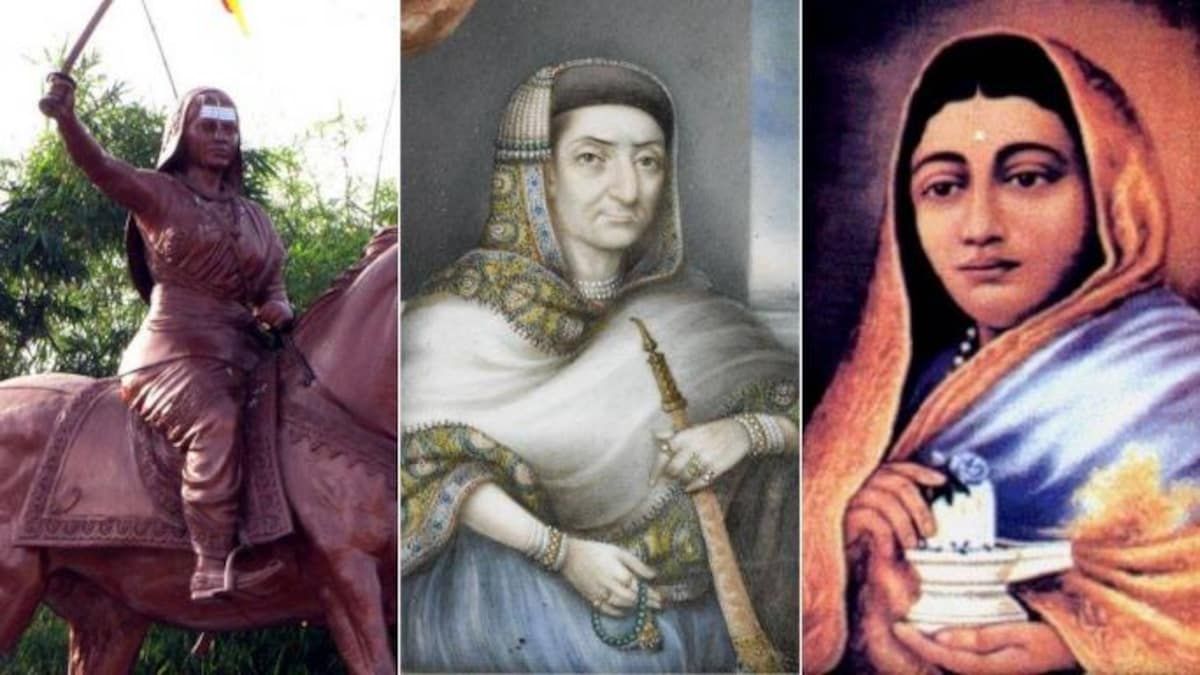
Born in the village of Chondi in Jamkhed, Ahmednagar, Maharani Ahilyabai or as she was fondly referred to Rajmata Ahilyabai Holkar was the Holkar Queen of the Malwa kingdom. Her father, Mankoji Rao Shinde, was the Patil (chief) of the village. Despite women’s education being a far cry in the village, her father homeschooled her to read and write.
 |
“In latter days from Brahma came,
To rule our land, a noble dame,
Kind was her heart and bright her fame,
Ahilya was her honoured name,”
writes poet Joanna Baillie in 1849 in honour of one of the greatest Maratha woman rulers of Malwa
While Ahilya did not come from a royal lineage, most deem her entry into history a twist of fate. It dates back to when the acclaimed Lord of the Malwa territory, Malhar Rao Holkar, spotted an eight-year-old Ahilyabai at the temple service feeding the hungry and poor, on his stop in Chaundi while travelling to Pune.
Moved by the young girl’s charity and strength of character, he decided to ask her hand in marriage for his son Khanderao Holkar. She was married to Khanderao Holkar in 1733 at the tender age of 8.
But distress was quick to befall the young bride when her husband Khanderao was killed in the battle of Kumbher in 1754, leaving her a widow at only 29.
When Ahilyabai was about to commit Sati, her father-in-law Malhar Rao refused to let it happen.
He had been her strongest pillar of support at the time. But a young Ahilyabai could see her kingdom fall like a pack of cards after her father-in-law passed away in 1766, only 12 years after the death of his son Khanderao.
The old ruler’s death led to his grandson and Ahilyabai’s only son Male Rao Holkar ascending the throne under her regency.
The last straw came when the young monarch Male Rao too died, a few months into his rule, on 5 April 1767, thus creating a vacuum in the power structure of the kingdom.
One can imagine how a woman, royalty or not, would suffer after losing her husband, father-in-law and only son. But Ahilyabai stood undeterred. She did not let the grief of her loss affect the administration of the kingdom and the lives of her people.
She took matters into her own hands. She petitioned the Peshwa after her son’s death, to take over the administration herself. She ascended the throne and became the ruler of Indore on 11 December 1767.
 |
From a tiny village to a flourishing city, Indore prospered during her 30-year rule. She was famous for having built numerous forts and roads in Malwa, sponsoring festivals and giving donations to many Hindu temples.
Even outside her kingdom, her philanthropy reflected in the construction of dozens of temples, ghats, wells, tanks and rest-houses stretching from the Himalayas in the north to the pilgrimage centres in the south.
 |
The Holkar queen also embellished and beautified various sites including Kashi, Gaya, Somnath, Ayodhya, Mathura, Hardwar, Kanchi, Avanti, Dwarka, Badrinarayan, Rameshwar and Jaganathpuri as recorded by the Bharatiya Sanskritikosh.
Her capital at Maheshwar was a melting pot of literary, musical, artistic and industrial achievements. She opened her capital’s doors to stalwarts like Marathi poet Moropant, Shahir Anantaphandi and Sanskrit scholar, Khushali Ram.
Her capital was known for is distinct craftsmen, sculptors and artists who were paid handsomely for their work and kept in high regards by the Queen. She also moved on to establishing a textile industry in the city.
Ahilya, the compassionate ruler
 |
Ahilyabai held public audiences every day to help address the grievances of her people. She was always available to anyone who needed her ear.
Historians write how she encouraged all within her realm and her kingdom to do their best. During her reign, the merchants produced their most elegant clothes and trade flourished to no end. No more was the farmer a mere victim of oppression but a self-sufficient man in his own right.
“Far and wide the roads were planted with shady trees, and wells were made, and rest-houses for travellers. The poor, the homeless, the orphaned were all helped according to their needs. The Bhils, who had long been the torment of all caravans, were routed from their mountain fastnesses and persuaded to settle down as honest farmers. Hindu and Musalman alike revered the famous Queen and prayed for her long life,” writes Annie Besant.
A woman ahead of her times, Ahilyabai’s greatest sorrow continued to remain the irony that her daughter jumped into the funeral pyre and became a Sati upon the death of her husband, Yashwantrao Phanse.
She was 70 when she died and was succeeded by her commander-in-chief, Tukoji Rao Holkar I
 |
“Indore long mourned its noble Queen, happy had been her reign, and her memory is cherished with deep reverence unto this day,” writes Besant.
 Support Us
Support Us
Satyagraha was born from the heart of our land, with an undying aim to unveil the true essence of Bharat. It seeks to illuminate the hidden tales of our valiant freedom fighters and the rich chronicles that haven't yet sung their complete melody in the mainstream.
While platforms like NDTV and 'The Wire' effortlessly garner funds under the banner of safeguarding democracy, we at Satyagraha walk a different path. Our strength and resonance come from you. In this journey to weave a stronger Bharat, every little contribution amplifies our voice. Let's come together, contribute as you can, and champion the true spirit of our nation.
 |  |  |
| ICICI Bank of Satyaagrah | Razorpay Bank of Satyaagrah | PayPal Bank of Satyaagrah - For International Payments |
If all above doesn't work, then try the LINK below:
Please share the article on other platforms
DISCLAIMER: The author is solely responsible for the views expressed in this article. The author carries the responsibility for citing and/or licensing of images utilized within the text. The website also frequently uses non-commercial images for representational purposes only in line with the article. We are not responsible for the authenticity of such images. If some images have a copyright issue, we request the person/entity to contact us at This email address is being protected from spambots. You need JavaScript enabled to view it. and we will take the necessary actions to resolve the issue.
Related Articles
- The Forgotten Story of Rani Abbakka Chowta, the Fearless Warrior Queen of Tulu Nadu
- अथ रामचरितमानस प्रकाशन कथा: गीता प्रेस, गोरखपुर ने 1938 से रामचरितमानस का प्रकाशन शुरू किया
- Birsa Munda: The tribal folk hero who was God to his people by the age of 25
- Dear NSUI, Bhagat Singh And Subhas Chandra Bose Admired Savarkar And His Ideas
- An Artisan Heritage Crafts Village: Indigenous Sustainability of Raghurajpur
- Gita Press Gorakhpur – Bringing Sacred Hindu Texts to Every Hindu Home
- The forgotten temple village of Bharat: Maluti
- Jagannath Temple administration issues clarification on proposed sale of temple lands
- Surat residents play Hanuman Chalisa twice a day from temples, rooftops to get close to Dharma: The pushback begins
- Srikalahasti Temple, Dakshina Kailash




